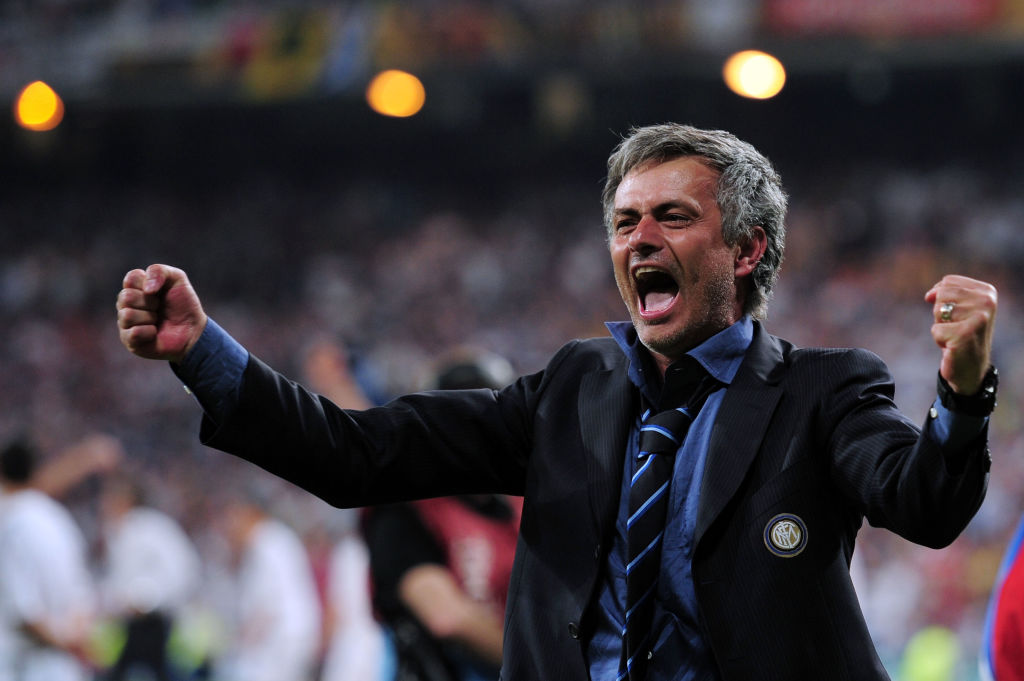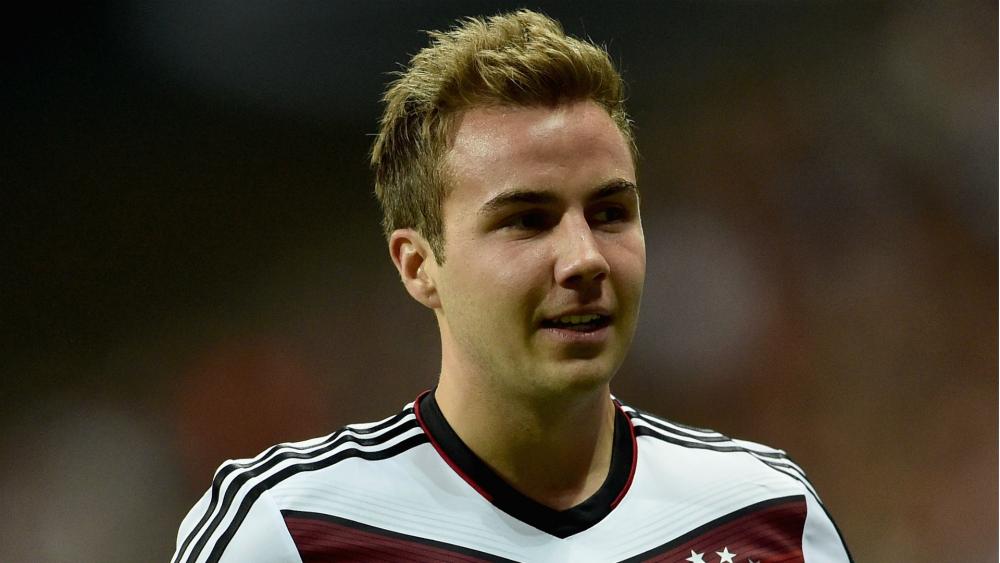When Jose Mourinho's Inter stunned Barcelona en route to 2010 Champions League success
Plenty has changed for Inter Milan and Jose Mourinho since their last Champions League glory – but its brilliance remains almost unparalleled

Jose Mourinho could be forgiven for feeling nostalgic. With Roma sixth in Serie A, gearing up for Thursday's Europa League clash against Real Betis – who finished fifth in La Liga last season – he has reasons to hark back to happier times.
Barcelona's clash with Inter at Camp Nou this evening offers such an occasion. Inter will know a victory will seriously damage their rival's hopes of progressing along with group leaders Bayern and Mourinho will form part of the context. Expect to see images of Diego Milito’s double and Javier Zanetti lifting the trophy Mourinho prizes most; images of Inter’s 2010 Champions League triumph.
Following that triumph, and for the second time in just shy of six years, Mourinho left a club as champions of Europe. This time, Real Madrid beckoned. Arguably the world’s biggest manager was going to arguably its biggest club to become the first manager to win its most prestigious club competition with teams from three different countries.
It didn’t quite work out that way and while the case for saying that leaving Inter was the start of a downward slope for Mourinho is not watertight – it remains a seismic feat to dethrone Pep Guardiola’s Barcelona and win La Liga in 2012 – the subsequent years have underlined the Portuguese’s brilliance in another respect.
Inter’s 2010 Champions League victory feels a great anomaly. It remains the only time they have conquered Europe since 1965, their only final since 1972, their only European Cup semi-final since 2003 and just their second since 1981. They remain the only Italian club to do the treble.
Perhaps more remarkably, they are still the last Serie A side to win the Champions League.
Juventus have reached two finals since then but Italy’s most recent semi-finalist was Roma in 2018. It did not even provide a quarter-finalist last season. Mourinho remains the historical outlier and if the division’s decline, relative to La Liga, the Bundesliga and the Premier League, accelerated in between his two spells in Italy, he may retain that status for some time. But even by 2010, it no longer had the financial pre-eminence and, as first passing and then pressing football have prevailed, it has lost the battle of ideas.
Get FourFourTwo Newsletter
The best features, fun and footballing quizzes, straight to your inbox every week.
Mourinho was the man who flew in the face of history. His 10-man Inter’s rearguard action to eliminate Guardiola’s Barcelona, perhaps the greatest club side ever, with 24 percent of possession at the Nou Camp may have been a throwback to the more negative football of the 2000s, but it illustrated his prowess as a defensive strategist.
Managerial alchemy did not stop there. There was a short-termism to Mourinho’s planning, and not merely because he quit after two seasons. He could name sides with an average age in their thirties and – much as he criticised his successor Rafa Benitez, once saying he destroyed Inter in six months – his legacy was a mixed one.
But he took players to levels they did not reach before or since. The final scorer Milito exemplified that; prolific for lesser clubs, he briefly became a world-beater. Wesley Sneijder was the Real Madrid reject who may have only been a good World Cup final away from winning the Ballon d’Or. Fine careers as each had, how many of Julio Cesar, Maicon, Cristian Chivu, Walter Samuel, Esteban Cambiasso and Goran Pandev were ever better? That their Serie A win proved Inter’s last until 2021 adds to the impression it was Mourinho’s triumph.
It was a team with his imprint, pragmatic, tactically disciplined and mentally strong, constructed with the immediacy in mind. Selling Zlatan Ibrahimovic to Guardiola while using the funds to help finance the arrivals of Samuel Eto’o, Thiago Motta, Lucio, Sneijder and Milito ranks as one of the outstanding transfer windows any club has ever had.
In the 21st century, when Champions League winners have become more predictable, where the gap between the best and the rest has grown harder to bridge, there are still exceptions: Liverpool’s 2005 win, when they finished 37 points behind Mourinho’s Chelsea in the Premier League; Chelsea’s two wins, each after mid-season managerial changes when they seemed in crisis.
Perhaps the greatest exception of all is Porto’s 2004 success. It feels as though they may forever remain the last club outside the top five domestic leagues to lift the Champions League. But if that may always be Mourinho’s defining feat, Inter’s 2010 glory is a close second. Because every passing year has underlined how extraordinary it was.
Richard Jolly also writes for the National, the Guardian, the Observer, the Straits Times, the Independent, Sporting Life, Football 365 and the Blizzard. He has written for the FourFourTwo website since 2018 and for the magazine in the 1990s and the 2020s, but not in between. He has covered 1500+ games and remembers a disturbing number of the 0-0 draws.

